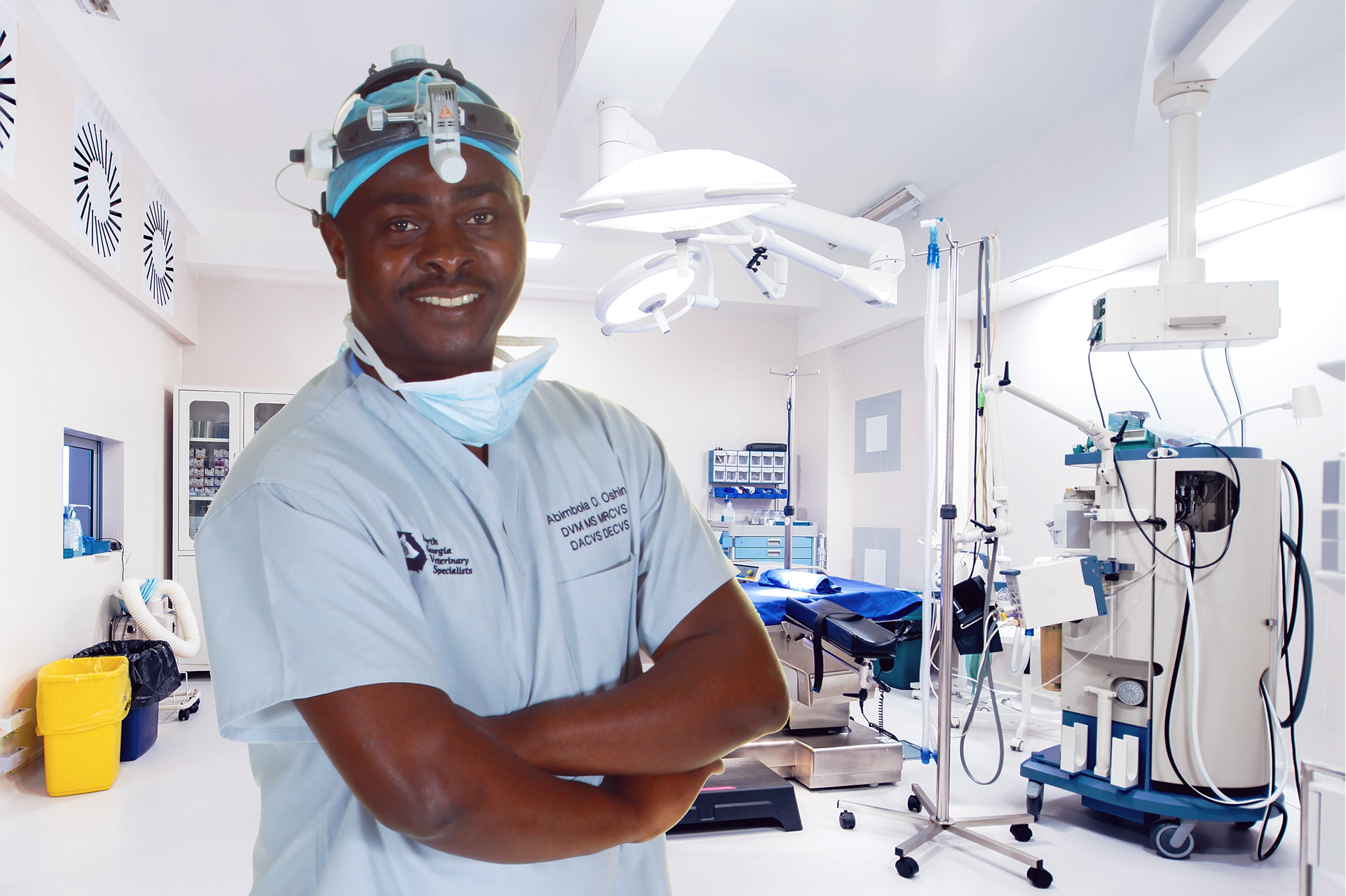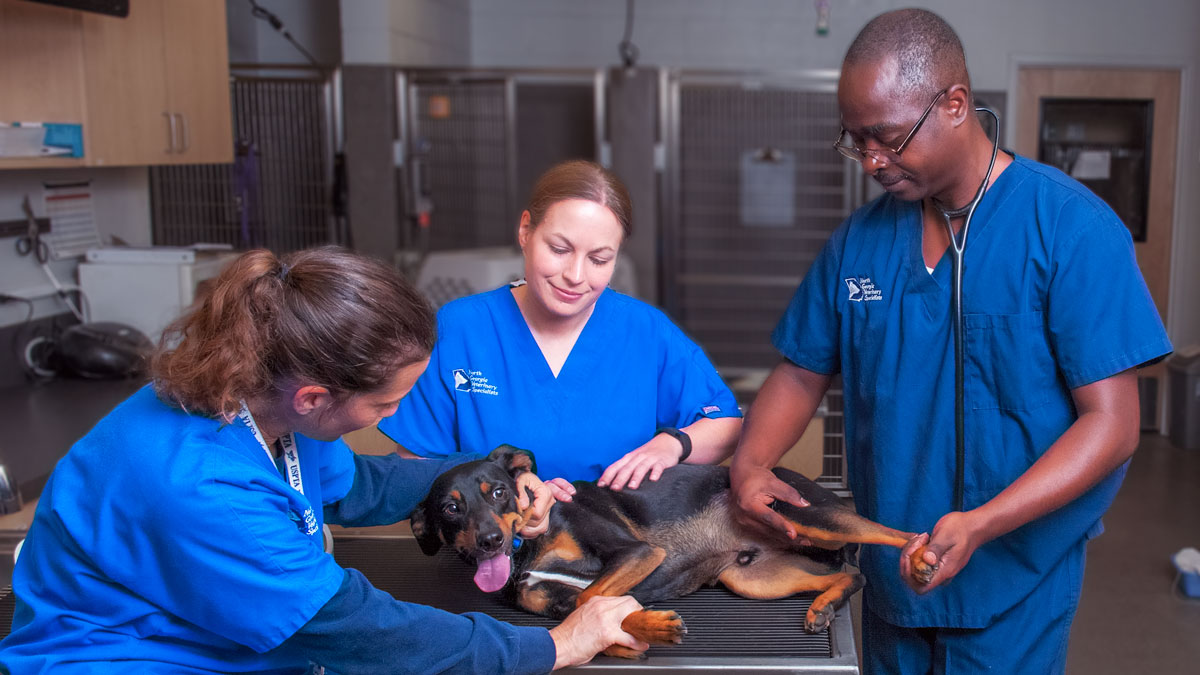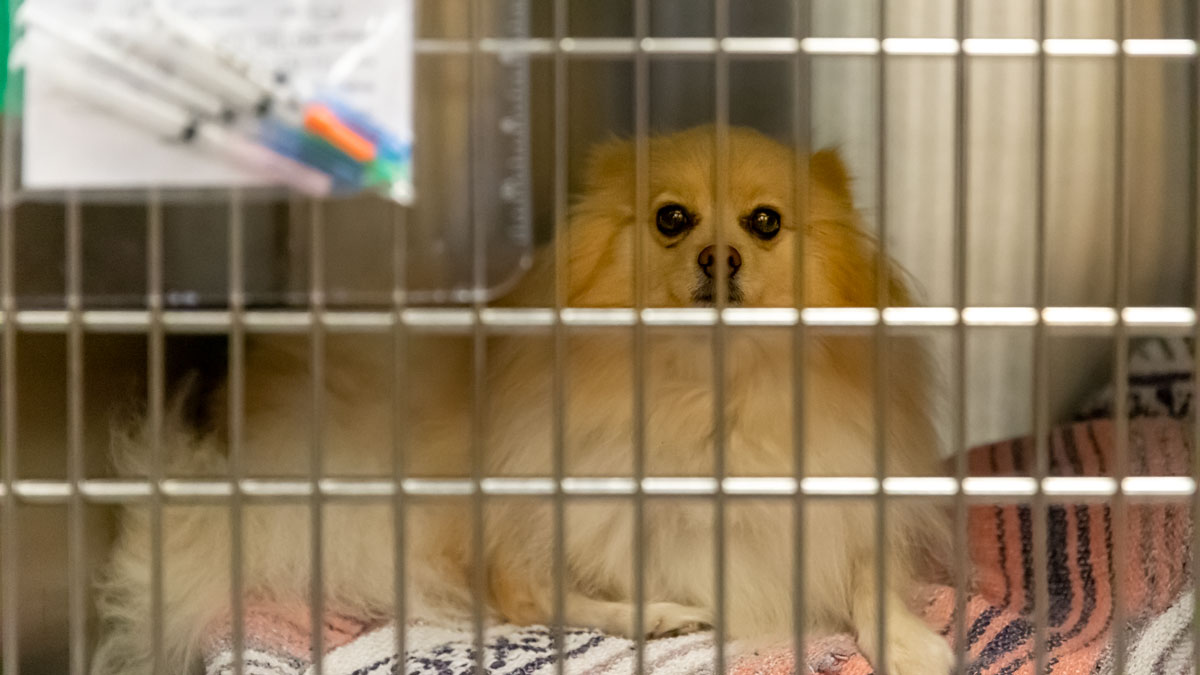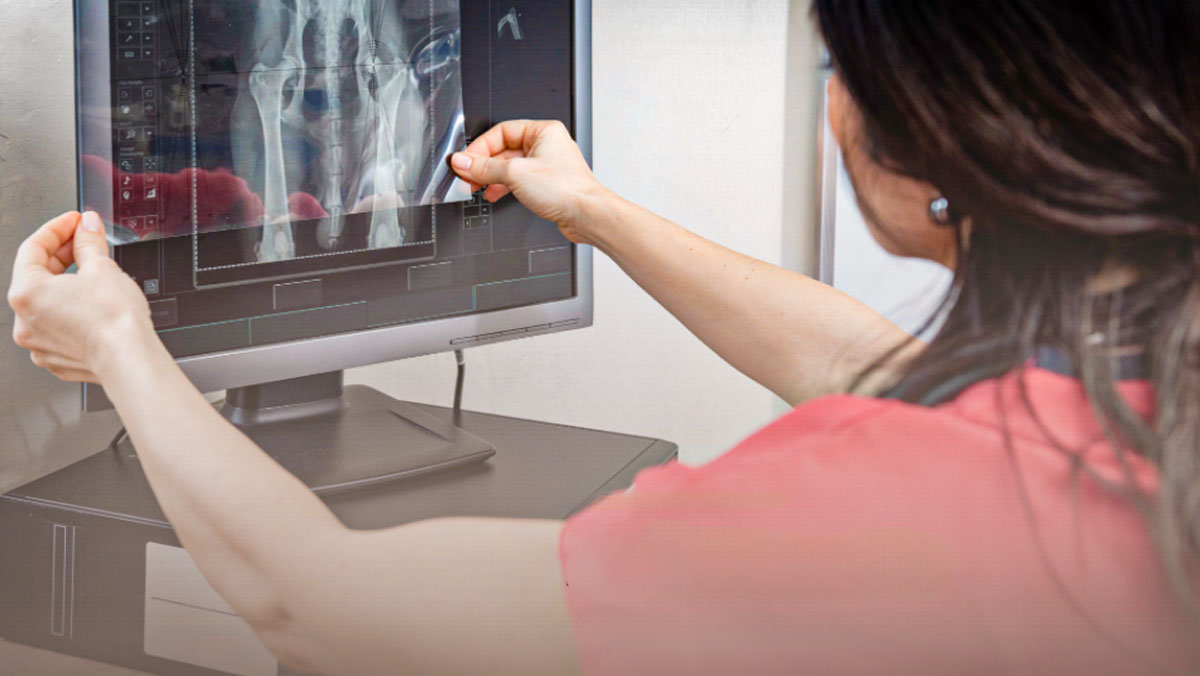When it comes to your pet’s health, you want the best care possible. That’s why choosing a veterinarian to perform your pet’s surgery is an important decision that should not be taken lightly. To ensure that your beloved animal receives the highest quality of care and improve the chances of a positive outcome, several factors must be considered before making a choice. From researching qualifications and experience to inquiring about pre-surgery tests or exams, this blog post will provide helpful tips for choosing a veterinarian for your pet’s surgery.
Research the veterinarian's qualifications and experience
When looking for surgical care for your pet, you need to consider the veterinarian’s qualifications and experience. It is essential to choose a veterinary practice that employs veterinary professionals (veterinarians, veterinary technicians, and veterinary assistants) who have completed the necessary veterinary qualifications and gained relevant experience in their clinical work. Years of practical experience are essential, as they can remember more incidents to discuss with you. Their experiences will help them swiftly offer a diagnosis, reducing treatment time delays. A veterinarian’s qualifications and expertise are essential in providing reliable and quality surgical care for your pet.
Ask for references from previous clients
It would be best if you asked for references from previous clients that have used a veterinarian’s surgical care service for their pets. You should do your due diligence and obtain input from those who have personal knowledge about the success or quality of the veterinarian’s work. By speaking with former clients or other veterinary professionals, you will get an accurate perspective of how a veterinarian handles pet surgeries and what level of care you can expect. Nothing speaks louder than a personal recommendation from someone you trust!
Consider the location of the veterinarian, as well as their hours of operation
It is essential to consider the veterinarian’s location and working hours. The veterinarian you choose should be close enough and accessible to your home so that you can meet your pet’s healthcare needs quickly and conveniently. The nearest veterinarian hospital may not necessarily be the best fit if their working hours do not match up with your daily schedule. Similarly, a more distant veterinarian hospital might be more convenient in terms of scheduling when you factor in commute time. Furthermore, with veterinarian hospital locations with flexible working hours, like early morning and late evenings, finding the right time to take your pet out of its comfort zone should be easier. These factors will help ensure that you can quickly bring your buddy in for checkups and other postoperative needs.
Inquire about pre-surgical tests or exams that may be necessary before surgery
A top priority is to ensure your pet’s health and concurrent problems are understood before any potential surgery. It is recommended that your chosen veterinarian can appropriately evaluate your pet and can safely and accurately perform any necessary tests. Depending on what is needed, the availability of modern diagnostic imaging technology within the veterinarian’s facility is a plus.
Find out how post-surgery care is handled after you leave the clinic
Post-surgery veterinary care is essential for ensuring your pet’s recovery is as successful as possible. These can vary from a single postoperative visit for skin suture removal, to regularly or irregularly scheduled visits lasting several weeks to months. It is essential to know the extent of postoperative care your pet will need, if your chosen veterinarian can handle these, or if you need to be referred to another veterinarian for these services. Knowing how any postoperative complications will be addressed is also equally important. Adequate, appropriate, and accessible postoperative care is critical in ensuring that your pet successfully transitions to pre-surgery wellness.
Get an estimate on costs before deciding
When considering your pet’s surgery, you should always get an estimate before the procedure. This will allow you to plan financially. However, it would be best if you also were sure to compare like with like, when obtaining estimates. Each surgeon and clinic may have different fees based on the type of pet surgery and the medicines and anesthesia they use. In addition, you need to keep in mind that sometimes you get what you pay for – if an estimate seems too low, then it could be that the quality of care is not as high as it should be. Some veterinary facilities may promote lower pet surgery costs but are likely cutting back on valuable extras like adequate or appropriate postoperative care. Always remember that it is essential to weigh quality against cost when deciding on pet surgery.
Choosing the right veterinarian for your pet’s surgery is an important decision. It requires thoughtful consideration of several factors, including the ones enumerated above. Ultimately it comes down to finding a balance between all these elements – you want to ensure that your beloved pet receives the best possible care without breaking the bank. With proper research and due diligence, you can rest assured knowing that you have made the most informed decisions when selecting your pet’s healthcare provider.





